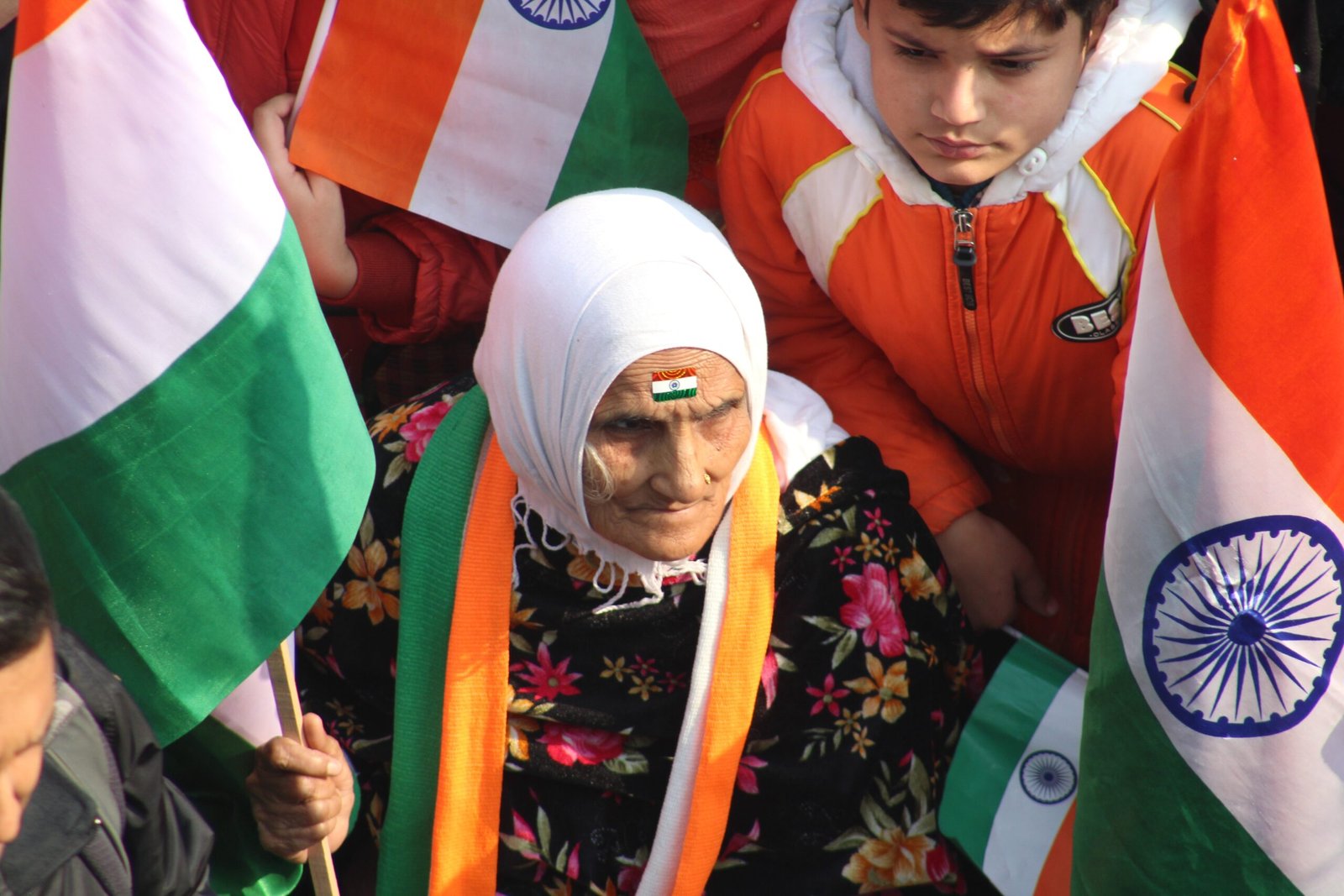Memories of a loss
It’s that time of the year when I miss her the most, Sankranti is what she would look forward to and start planning months in advance. On the day of Sankranti, she would insist the entire family is up early, bathed to offer their prayers. She was religious but not overtly, so Sankranti’s morning prayers would mean lighting a diya, offering flowers and offering til gud to the deity.
Born a Maharashtrian, married to a Tamilian and with a Bengali daughter-in-law, she had found her sweet spot for festivals and celebrations – a beautiful confluence of all cultures. So post the morning prayers she would make Pongal for the family, both sweet and salty, typically consumed by the Tamilians on the Sankranti. That would be followed by wearing black and doing my aarti. And after that, came the most exciting part – exchanging til gur & gifts. We would also have our share of pithe (sweet dumplings), however, they mostly ordered in, given my culinary skills.
Well, you must be wondering who is she! She was my Mother-in-Law! I called her ‘Aai’.
My first Sankranti as a Marathi bride
For Maharashtrians, the first Sankranti for a newly-wed bride is of high significance. Like everyone else she wears black, however, what differentiates her is the beautiful white mimosa sugar balls jewellery (Halwayache dagine) she adorns. We were unable to visit Mumbai for the first year due to work commitments. So one fine morning before Sankranti came home a package with the jewellery and the til gur. Aai had ensured I was not deprived of this experience.

From Aai’s Hands to Ours
By this time we had moved to Mumbai, so celebrating Sankranti together was easy. Aai & Baba came home early evening, she came in and handed me a huge bag of goodies. From new clothes, to sweets, til gur, sugar balls jewellery the bag had it all. She even carried Pongal for us to relish. As a new mother, there was little I could do other than make Aai’s favourite Bengali rice kheer and dress up in black. Aai blessed my little one. We exchanged til gud and said to each other in Marathi, til gud kha ani god god bola. Loosely translated, it means eat til gud and speak sweetly.

A Sankranti sunset
January, By then, she was on dialysis and her health was extremely fragile. What remained undeterred was her spirit. She asked us to come home to celebrate the festival. Little did we know that was our last Sankranti together. That April she left us forever.
This was a special one because I was carrying our second child. She blessed me and my unborn child while the older one was spoiled with sweets, gifts and clothes. Her words still echo in my ears today. She had blessed me and said, ‘I hope and pray I can live that long to see your unborn child.’ Well, it was a wish that was left unfulfilled! She left a week before my second one came.

Aai lives on!
We didn’t let the tradition die out. I travelled to Mumbai for my second child’s Sankranti. My co-sister, almost like a mother to me, ensured we celebrated the festival. We adorned my little one in the sugar balls jewellery while I made the customary rice kheer which the children enjoyed thoroughly.
We continue celebrating this festival, not with the same vigour as Aai. I order the til gud, pithe, Pongal from the Indian restaurants in Dubai and make my customary Bengali rice kheer. We have formed our little traditions around Sankranti.
I am sure Aai is smiling up there now.















One Response
Such a beautiful article.